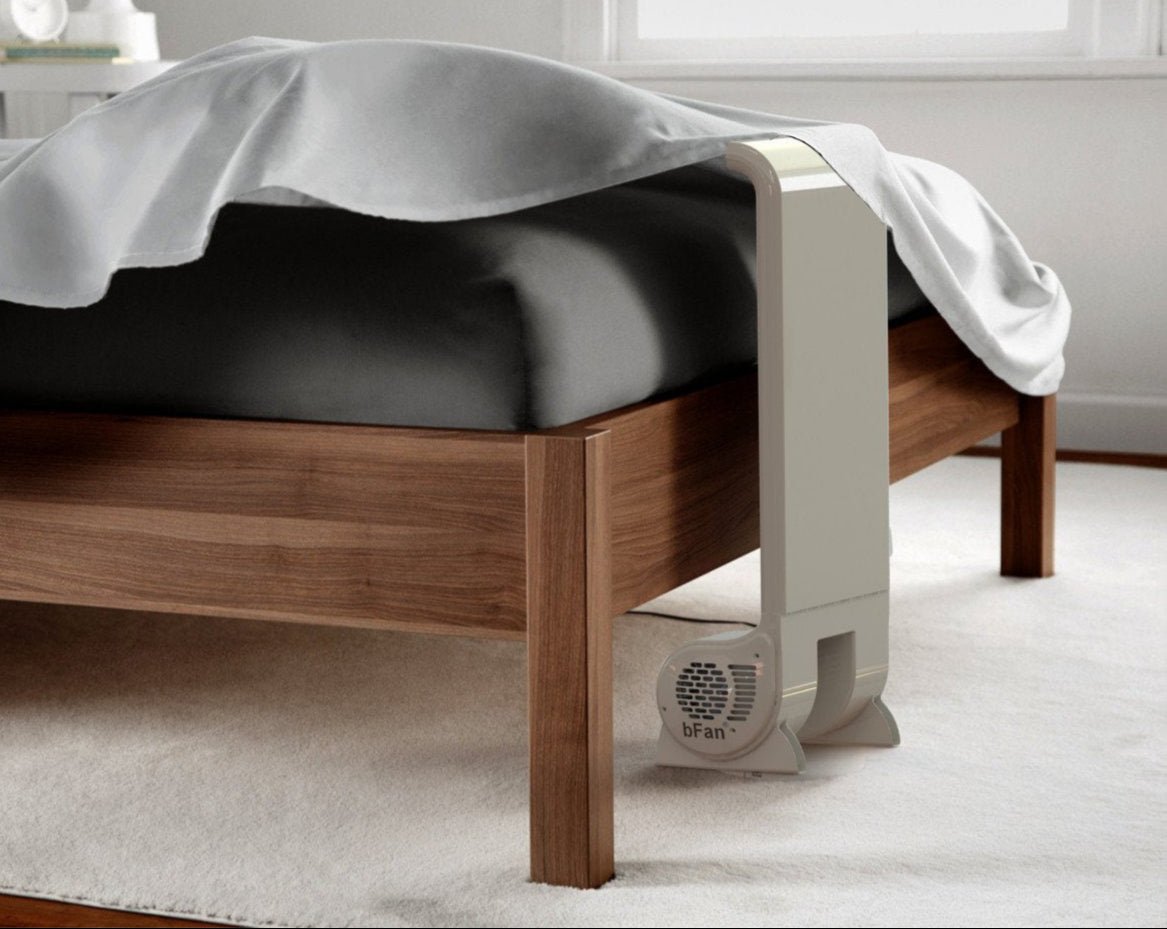Hot Flashes and Nausea
Nausea is a less common symptom that is occasionally associated with hot flashes for several different reasons. Hot flashes are defined as a sudden rush of heat across the upper body. It typically affects the face, neck, and chest the most. Along with the feeling of warmth, there is also typically a visible reddening of the affected area. Feelings of anxiety and a rapid heartbeat can also occur with hot flashes. These hot flash episodes can last for as little as a minute to as long as five minutes.
Nausea is defined as an uncomfortable feeling in the stomach, such as tightness or heaviness. The feeling in the stomach is generally accompanied by an urge to vomit. Nausea does not always lead to vomiting, but it can be a precursor to it. A variety of things can cause nausea. The most significant cause of nausea is seasickness, which is where the word nausea is derived from, with the greek term "naus" meaning nausea. Pregnancy, stress, food poisoning, indigestion, viruses, and menopause can also cause nausea.
Menopause is the duration of time spanning twelve months following a woman's last period. During this time, symptoms are most intense, but they can also be present in the years before menopause starts, which is a stage known as perimenopause. Some symptoms, especially hot flashes and night sweats, can even extend into post-menopausal life, continuing for years. This means that, overall, menopause symptoms can occur for years on end.
Nausea is one of the lesser-known side effects of menopause. However, there are a couple of factors that can bring on nausea during menopause. First, two hormones greatly influence female reproduction: progesterone and estrogen. During menopause, the levels of these hormones drop significantly. The drop in these hormones can be one of the causes of nausea. Hot flashes themselves can also cause nausea, although this doesn't happen to the majority of people. Finally, HRT (hormone replacement therapy) and antidepressants that are used to help treat menopause can induce nausea. For reference, antidepressants are occasionally utilized to combat emotional changes that occur during menopause but are not commonly prescribed. HRT uses synthetic versions of estrogen and progesterone to reduce some of the effects of menopause.
Hot flashes and nausea can both become very annoying to those going through menopause. Luckily, there are quite a few simple ways to help alleviate both effects. First, hot flashes can be helped by changing some lifestyle habits. The first is watching your diet and avoiding alcohol and spicy foods, which can both make hot flashes even worse. Second, smokers also tend to have worse hot flashes, so quitting smoking can be beneficial for reducing hot flashes as well as overall health. Lastly, making sure that you're at a healthy weight can help a lot. People who are overweight or obese tend to have worse hot flashes than others. Finally, hot flashes that extend into nighttime and sleep (or night sweats) can be relieved by using the BedFan, which blows cool air under the sheets and across the body to cool it down.
Symptoms of menopause-induced nausea can also be reduced through at-home measures. For example, taking sips of a cold drink, such as water, can reduce feelings of nausea, as can drinking peppermint or ginger tea. You can also try and distract yourself from the feeling with a show or music. It would be best if you also made sure that any meals you eat are small and eat lots of ginger. Ginger has anti-inflammatory properties, which helps relieve nausea. You should also make sure to get fresh air. If the nausea does not go away, you should contact your doctor.
Share

